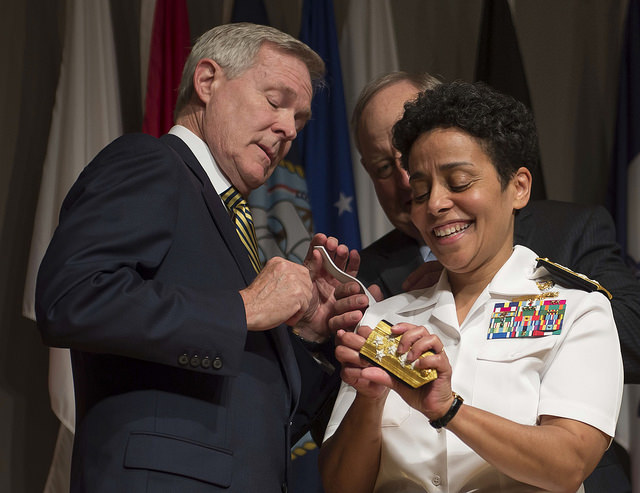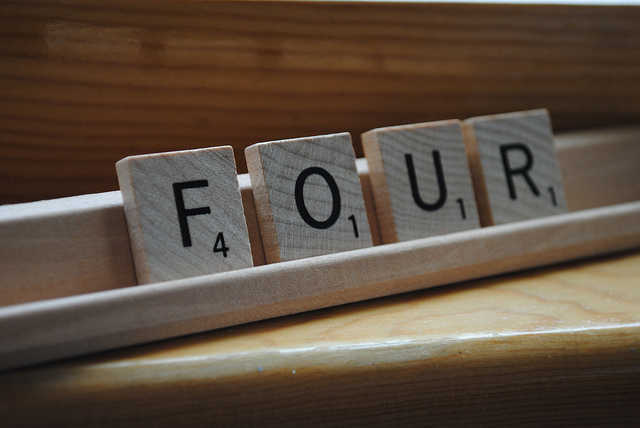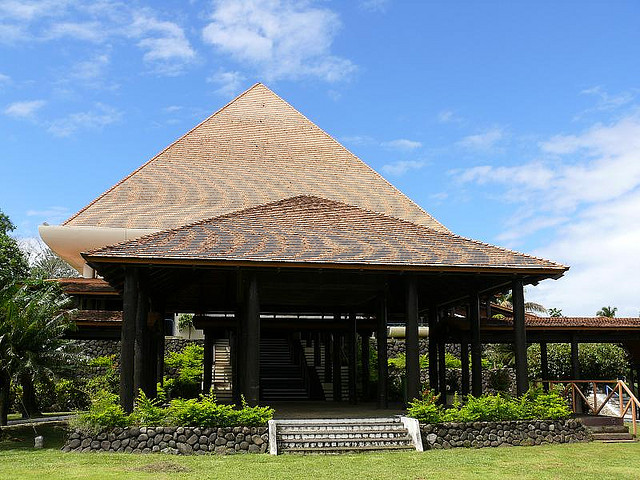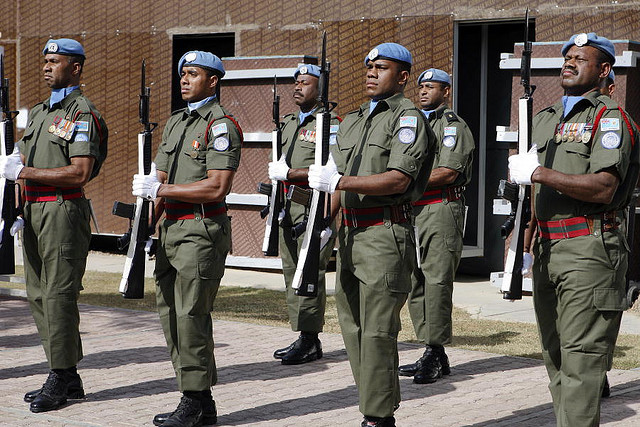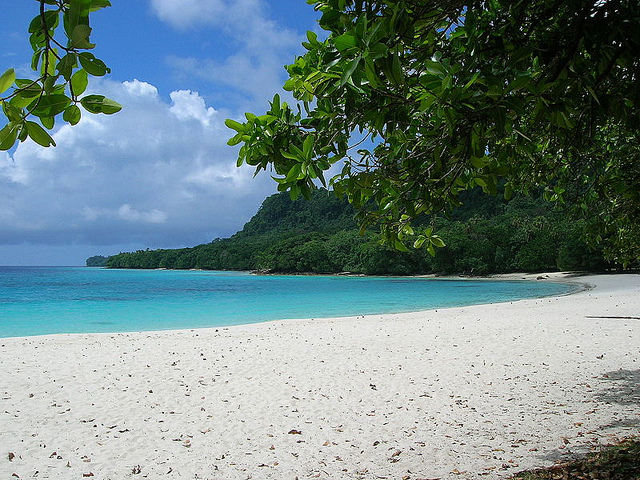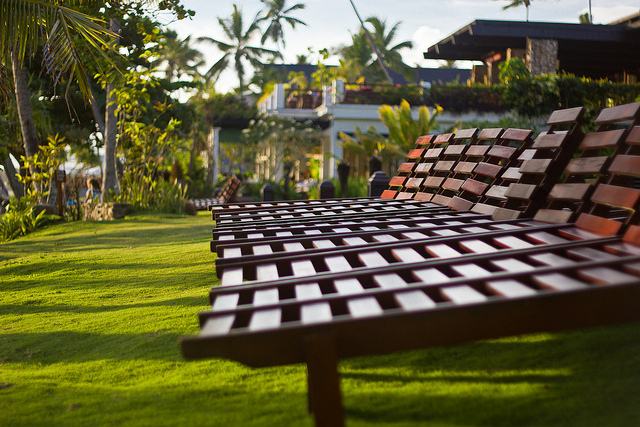Jakarta courts Suva: less, and more, than meets the eye
 Cynics will be tempted to dismiss President Yudhoyono’s appearance at last month’s Pacific Islands Development Forum (PIDF) summit—the first visit by an Indonesian president to Fiji—as a combination of Jakarta’s seeking to neutralise Melanesian agitation about West Papua and Suva’s ‘I get along without you very well’ bravado directed at Australia and NZ. But while there’s something to that view, it disregards longer-term undercurrents at our peril.
Cynics will be tempted to dismiss President Yudhoyono’s appearance at last month’s Pacific Islands Development Forum (PIDF) summit—the first visit by an Indonesian president to Fiji—as a combination of Jakarta’s seeking to neutralise Melanesian agitation about West Papua and Suva’s ‘I get along without you very well’ bravado directed at Australia and NZ. But while there’s something to that view, it disregards longer-term undercurrents at our peril.
Let’s start with a skeptical take on Suva’s ‘more Jakarta less Canberra claim’. Fiji created the PIDF, following Suva’s suspension from the Pacific Islands Forum, to address perceptions that Australia and NZ have undue influence there, while civil society, private sector, and non-traditional external bodies are underrepresented. Yet only a handful of leaders from the Forum’s 16 states attended. Without greater funding, the PIDF has little potential to compete with the practical functions performed by the Secretariat of the Pacific Community’s bureaucrats, let alone the vital fisheries, health, education and other services delivered by the Forum. Liked or not, Australia remains the region’s indispensable donor and security hub. The Bainimarama government’s detractors predict bodies such as the PIDF will fizzle out as soon as Fiji returns to democracy. Read more

